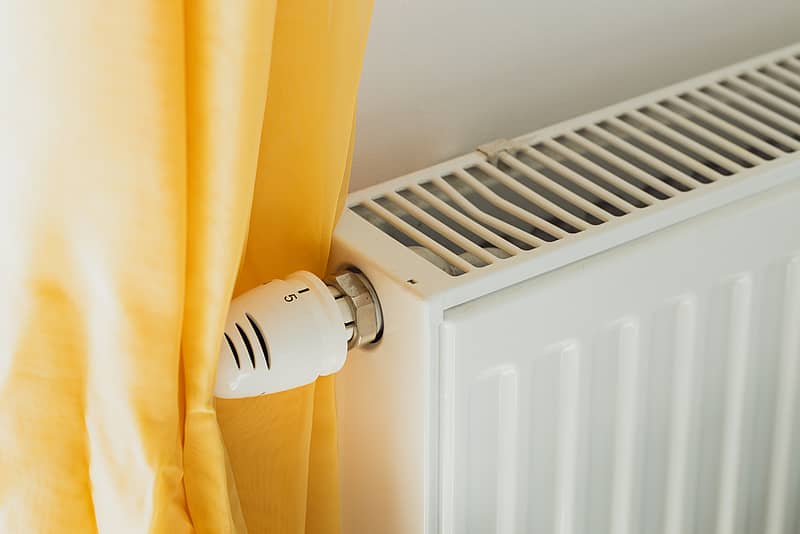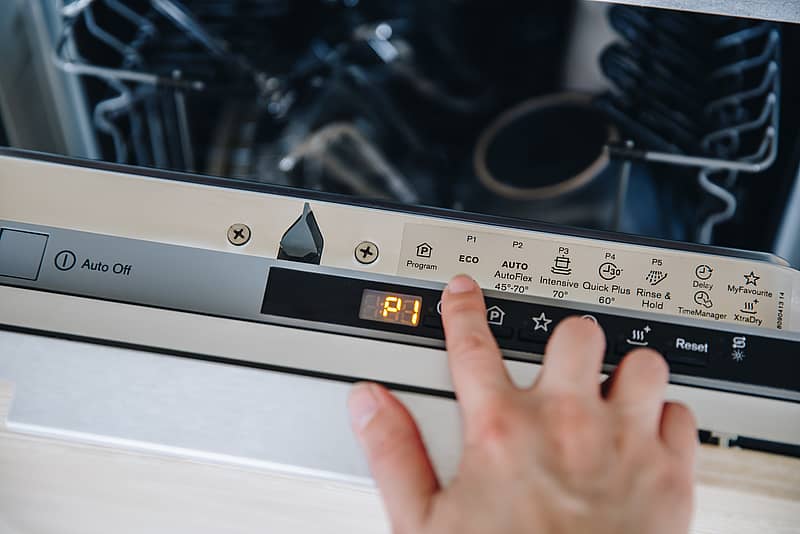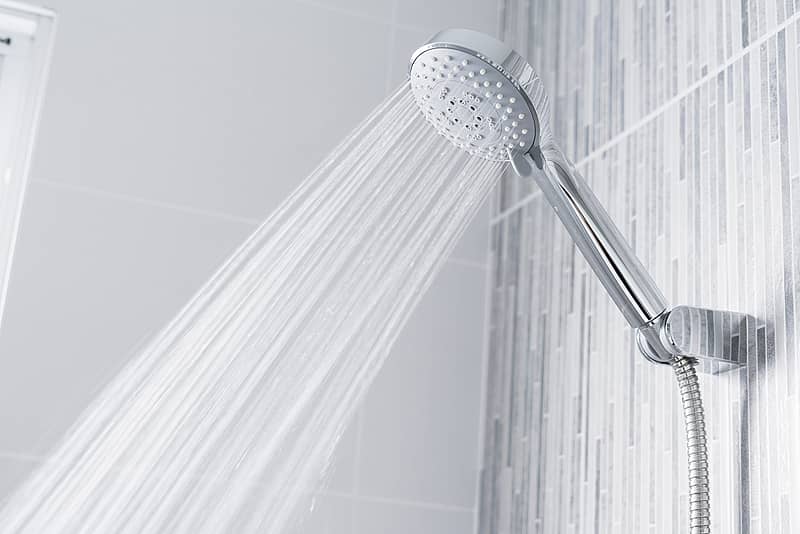
What to Do After Buying a Motorcycle
What To Do After Buying a Motorcycle After buying a new motorcycle, your inclination may be to begin riding right away. Although you may want
Extreme weather can lead to high costs for heating or cooling your home. Making your home more energy efficient is not only good for your bank account, it can also have an environmental impact. While replacing or upgrading appliances and home fixtures can make your home more energy efficient, it can also become very expensive very quickly. Luckily there are some options to potentially increase the energy efficiency of your home that won’t cost a fortune.
If you are looking for some budget-friendly ways to reduce energy costs in your home, the following tips may help.
To keep your home comfortable, your thermostat typically works to maintain a set temperature. In order to make it run more efficiently, you want to keep the hot or cold air from escaping. Windows and doors can present many small gaps and openings for air to escape. Take a walk around your home and look for any gaps around your doors or windows. You can install weather striping or seal the air leaks with a tube of caulk.

Be sure that the area around your air vents or heaters is clear. Look for rugs or furniture blocking the air vents. If curtains are covering your radiators, you could be trapping heat inside. If you have radiators, consider adding reflective material, which is typically low cost and fairly easy to install. Before you install reflective material, research the type of insulation you have to see if the installation will be worth it.
Whether you are trying to keep your home warmer or cooler, there are a number of different window treatment options that may help. Black-out curtains can keep a room dark by keeping the sun out, which can also keep the room cooler. To maximize the effect, hang the curtains as close to the window as possible. There are a number of different window shades on the market, from reflective materials to quilted options. Blinds are seen as not as effective as window shades due to their horizontal slats, but they do offer options for controlling the amount of sunlight.

Swapping to eco-friendly LED or CFL bulbs can use less electricity. Typically, these bulbs also offer a longer lifespan, which could mean less trips to the store.
While newer models of furnaces are generally more energy efficient, there are ways to potentially increase the efficiency of older models. Regularly replacing filters in your furnace can increase the air flowing through, making it run more efficiently. If you have pets, consider changing your filters more often. Be sure your furnace is being serviced and cleaned by a professional annually.
Using cold water in your washing machine can cut your energy usage. Turning down the setting on your dryer to a lower heat setting can also use less energy. You may even opt to line dry your clothes and skip using the dryer completely.
Another consideration when washing your clothes is the load size. Avoid running your washing machine until you have a full load, but avoid overfilling it.
Although a charger may not be plugged into a device, it can still draw power. Once your devices have finished charging, unplug them.

Your dishwasher may be equipped with an energy-saving mode. Typically, this will use less water than the other cycles, and heat less water. Also look for an air dry cycle. This uses air that is unheated to dry your dishes. Waiting to run your dishwasher until you have a full load can also save energy.
Using your ceiling fan in the winter may be the last thing on your mind, but it can help distribute warm air throughout the room. Heat naturally will rise. Running your ceiling fan on a low setting clockwise can help with distribution of air throughout the room. Ceiling fans will commonly have a switch located at the base of the fan that can switch the direction the fan blades will spin. Just be sure to swap it back to counter-clockwise spinning before the summer months.

Changing over to a new showerhead that is a low-flow model can be less taxing on your water heater. Many new models of low-flow showerheads use techniques like aeration to maintain water pressure while reducing the number of gallons per minute used.
Trying to determine what changes will have the biggest impact on your energy usage? There are a number of energy use calculators that can be found online. By inputting the hours you use an appliance per day, these can give you an estimated monthly and yearly cost of running the appliance.
When it comes to budget-friendly ways to reduce cost, bundling your home and auto insurance policies together may offer savings. Your local insurance agent may also know about other discounts for things like installing alarm systems in your home. At Cross Insurance, we work with dozens of insurance carriers, which means more options for our clients. With offices throughout New England, New York, and Florida, one of our agents may be closer than you think. Reach out to our team today by requesting a quote.
___________________________________________________________________
This article is for general informational purposes only and is not to be relied upon or used for any particular purpose. Cross Insurance shall not be held responsible in any way for, and specifically disclaims any liability arising out of or in any way connected to, reliance on or use of any of the information contained in this article. The information contained or referenced in this article is not intended to constitute and should not be considered legal, insurance, accounting or other professional advice, nor shall it serve as a substitute for the recipient obtaining such advice. The views expressed in this article are that of its author and do not necessarily represent the views of Cross Financial Corp. and its subsidiaries and affiliates (“Cross Insurance”) or Cross Insurance’s management or shareholders.

What To Do After Buying a Motorcycle After buying a new motorcycle, your inclination may be to begin riding right away. Although you may want

New Hampshire Homeowners Insurance How to Get Insurance Quotes for Your Home in NH When it comes to selecting an insurance policy for your New

What to Do After Buying an Existing Business The time period after buying a business can be both exciting and stressful. Making an investment into